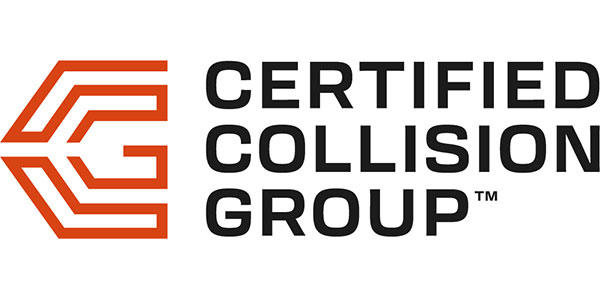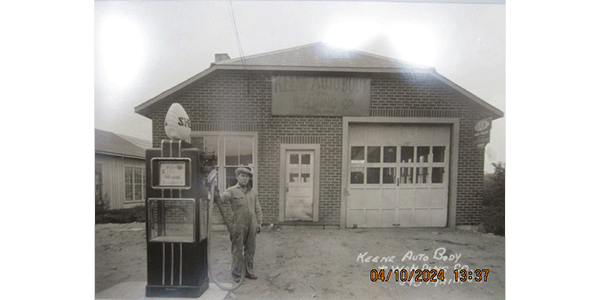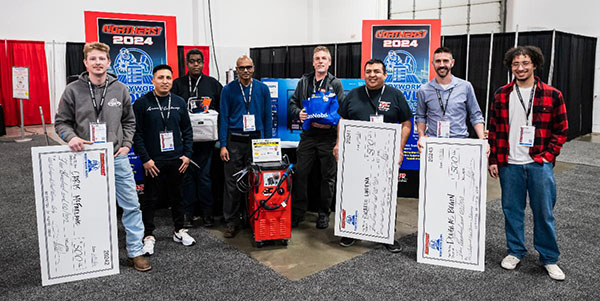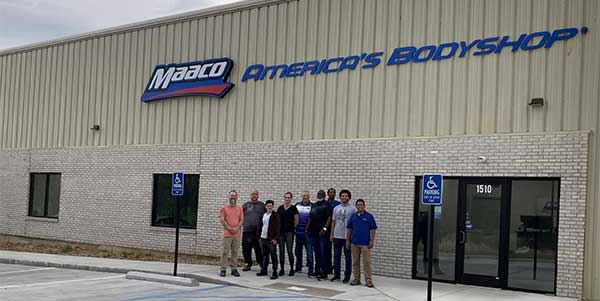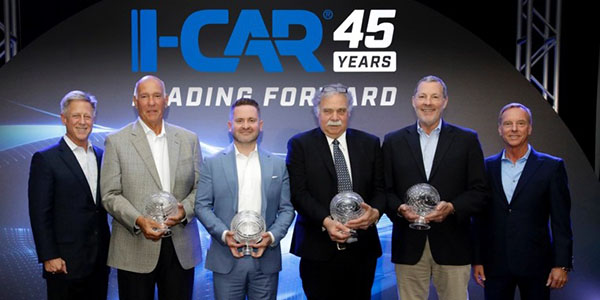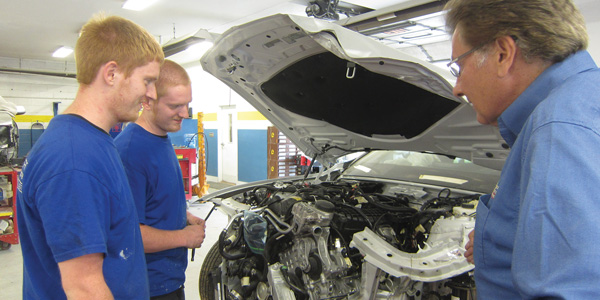
It’s no secret that in the automotive industry today, businesses are struggling to find skilled workers. Collision repair businesses often find themselves competing with each other for the same technicians, and also with other industry segments such as OEMs, dealerships, auto service, heavy-duty/diesel, etc. Many do not have a plan in place for the future.
“Poaching” employees away from competitors is a common recruiting strategy in collision repair. Although this practice is not going away, it’s a short-sighted fix for a long-term problem. Shop A poaches from Shop B, so Shop B poaches from Shop C…and you can be sure that Shop C is going to poach from Shop A. It’s musical chairs with an aging population of technicians. Now is the time to start (or continue) to look at other strategies available that are way more effective.
Mentoring Program
One such strategy is a mentoring program. Workplace mentoring programs offer an opportunity for skilled technicians (mentors) in your company to share their expertise and experience with a less experienced person (the mentee) in order to put them on a fast track to competency in a new career. With proper management and a thoughtful approach, your shop can reap some serious benefits from an “earn-and-learn” approach.
Benefits
When thinking about mentoring programs, here are some helpful questions to ask:
- Is your shop having difficulty attracting people to fill your open positions?
- Are you unable to find workers with the right skill set?
- Is your turnover rate high?
- Are you concerned that a number of your current employees will be retiring or leaving soon?
- Do you have positions requiring skills that can be learned on the job?
Odds are, you’ve answered “yes” to more than one of these questions.
Mentoring programs are a centuries-old, proven approach for companies to recruit, train and retain employees. They allow you to “grow your own” through a sustainable approach to recruiting because they can help ensure a company’s long-term survival. By training and preparing new employees for difficult-to-fill positions, mentoring programs can help propel your shop into a more prosperous future.
Mentoring programs renew a company’s energy, while employing mentees with authentic workplace skills and a tangible career path. Mentoring provides key stepping stones for companies to invest in and develop talent, while expanding in an increasingly competitive economic environment. Want a serious recruiting edge? Mentoring programs send a clear message to job seekers that your company invests in quality training, intentionally develops the strengths and skills of its employees, and puts the right tools and processes in place to see employees learn and advance.
Other measurable results include:
- Building a pipeline of skilled employees trained in your company’s ways of doing business.
- Mentees learn faster, which reduces the time required to achieve on-the-job competency.
- Soft-skills development, including improved employee engagement, greater problem-solving ability, flexibility to perform a variety of tasks, and a reduced need for supervision.
- Experienced employees, as mentors, build new management and leadership skills. Also, many mentors feel a renewed sense of energy and commitment to their jobs.
- Mentoring programs build professional connections and relationships across the company. The cooperation and increased communication among participants can lead to a more positive work environment.
- Well-trained mentees often make great managers and mentors in the future.
It Just Makes Sense
Consider these numbers: 50 percent of automotive industry technicians are over the age of 50, according to the U.S. Department of Labor. In addition, baby boomer retirees will take with them a massive quantity of workplace skills, knowledge and experience out of the workforce in the next 10 years, according to the Society for Human Resource Management. In 2016, 62 percent of Fortune 1000 companies believe future retirements will result in skilled-labor shortages over the next five years, and only 15 percent of these organizations believe they have enough qualified successors for key positions. The time is now.
In 2014, President Barack Obama set out to double the number of apprenticeships/mentorships to 750,000 by the end of 2018. In 2016, the half-million mark was passed. The payoff for workers is clear: 91 percent of apprentices/mentees find employment after completing their program. Because of these positive results, the U.S. Department of Labor has invested $265 million since 2015 to expand these types of programs. Many states are increasing funding for technical assistance, tax credits to employers, and career and technical training to prepare students for their careers. Opportunities are available if you look!
The Players
There are three main roles in a workplace mentoring program, and it’s important for all of the players to see and appreciate the benefits of a program:
- The mentee (also referred to as apprentice, intern or trainee) is the person in the learning role.
- The mentor shares knowledge and experience with the mentee, helping him or her gain important on-the-job skills and capabilities.
- The program manager manages the program, as well as the relationship between and mentors and mentees.
In future columns, we’ll discuss each of these roles and how they fit into a successful mentoring program that you can establish in your shop.
S/P2 is piloting a comprehensive online mentoring program specifically for the automotive industry. Contact S/P2 for details!





